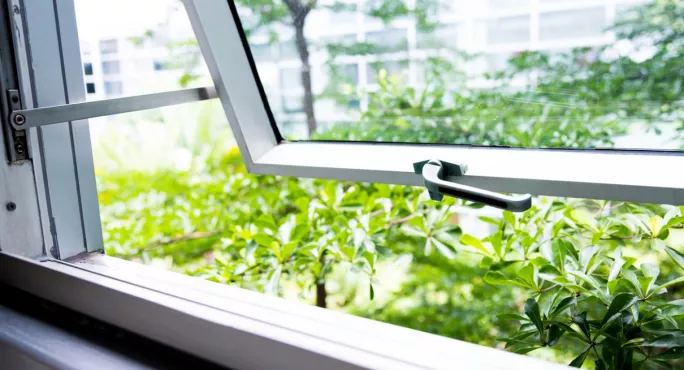Special schools and alternative provision settings will receive 1,000 government-funded air-cleaning units for poorly ventilated areas, the Department for Education has said.
The email to heads said that in a small number of cases where an area of poor ventilation had been identified with sustained CO2 readings of over 1500ppm and could not be resolved by opening windows or pursuing minor repairs, it could be appropriate to consider an air-cleaning unit.
Background: Majority of school CO2 monitors not yet delivered
Ventilation: Heads’ budget warning over soaring winter energy bills
Monitors: 300,000 devices to be sent to schools
The DfE added that it would make 1,000 air-cleaning units available for poorly ventilated classrooms and staffrooms in special schools and alternative provision “where quick fixes to improve ventilation are not possible”.
“These settings are being prioritised given the higher-than-average number of pupils attending those settings,” the DfE said.
From early December, an online “marketplace” would be available for schools ineligible for a DfE unit.
“The marketplace will provide a route to purchasing air cleaning units directly from suppliers at a suitable specification and reasonable price,” the DfE said.
Today, the government released data showing that as of 12 November, 277,838 CO2 monitors had been delivered to state schools out of a target 300,000 for this term.
Heads praised the move to prioritise the most vulnerable but questioned why the process of organising units had taken so long, adding that schools could not work on a basis whereby only those settings that could afford units were able to access them.
James Bowen, director of policy for school leaders’ union the NAHT, said: “For many months, NAHT has been calling for government to do more when it comes to improving ventilation in schools.
“We are pleased to see that some action is finally being taken, but it really is hard to fathom why it took so long, especially when other countries seem to have been doing this much earlier.
“If there is a limited supply of the devices, then it clearly makes sense to prioritise the most vulnerable, but this needs to be the start of a national programme where all schools that need them are provided with such devices.
“We simply cannot work on the basis that only those schools that can afford them are able to access them.”




